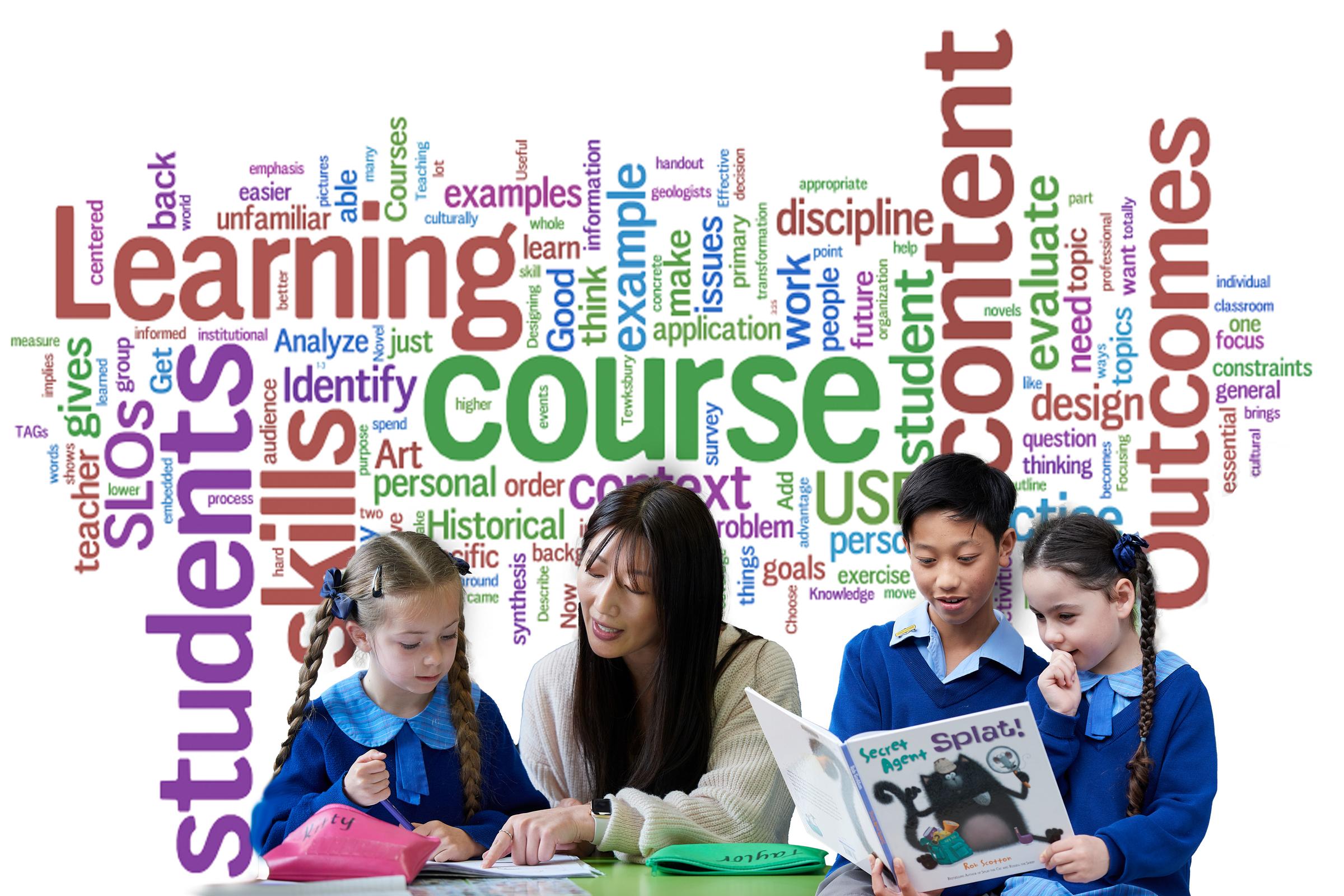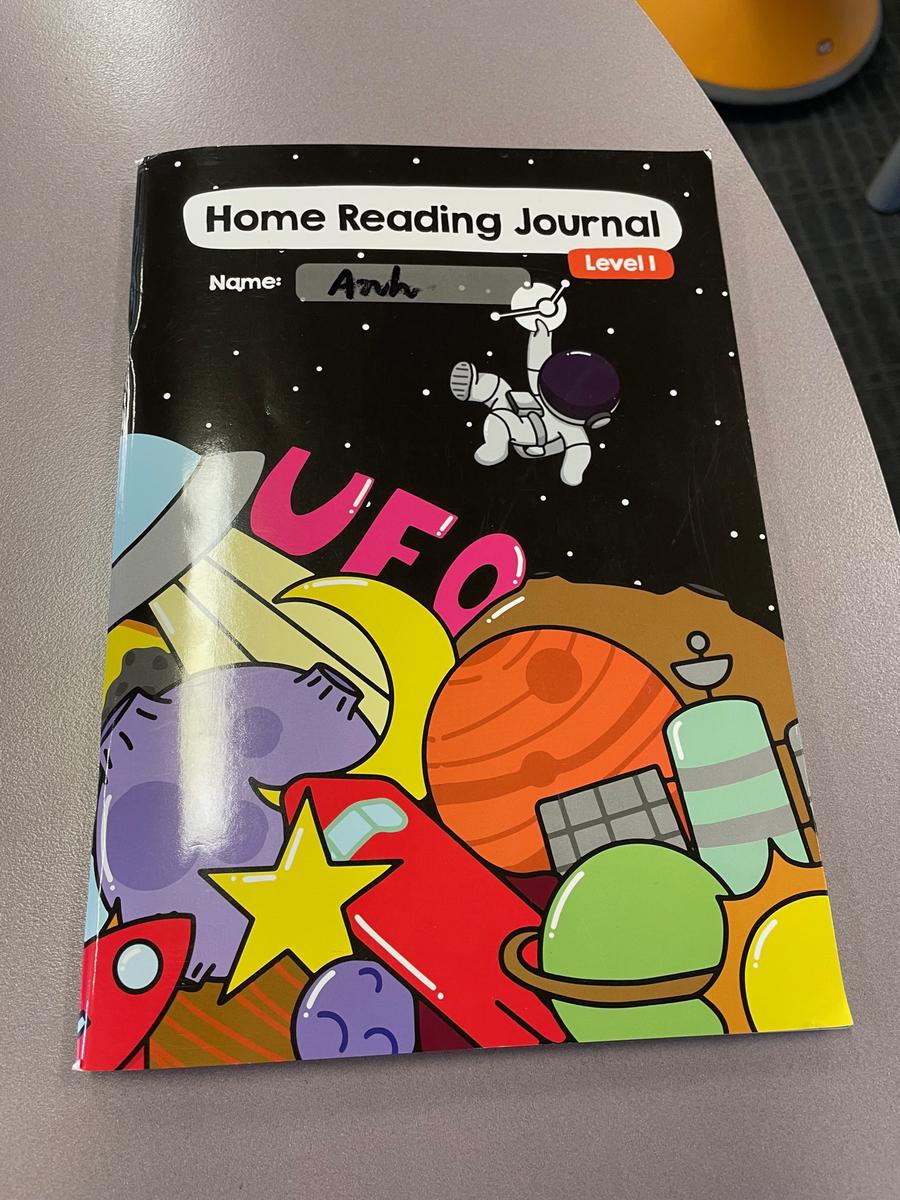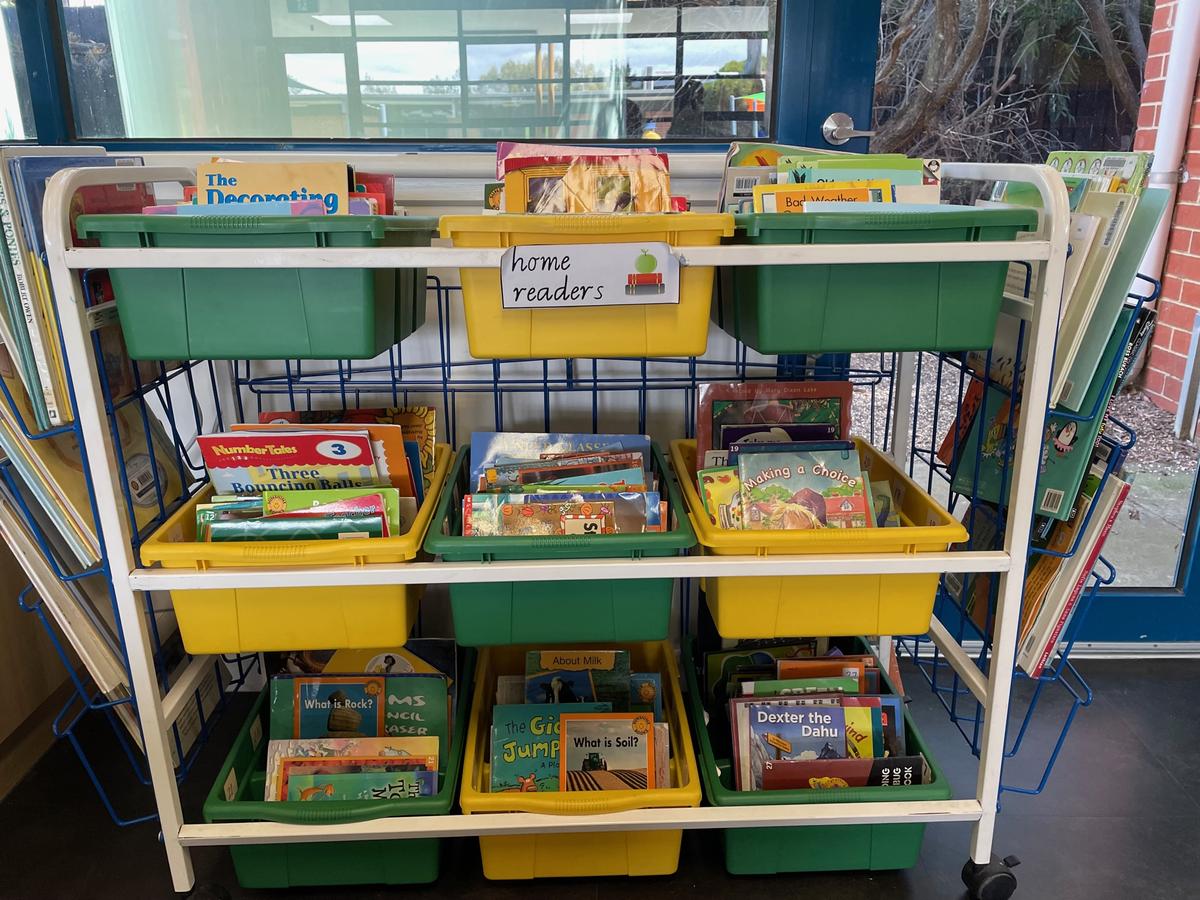Learning and Teaching

Home Readers
As part of homework, all children across Prep-Year 6 should be reading each night.
- Prep-Year 2 - average 10-15 minutes
- Year 3 and 4 - average 15 minutes
- Year 5 and 6 - average 20 minutes
Your child may bring home a reader from school or, for our older children, may use a book from home. In Years Prep to Year 2, the students have a home reading journal. This is for you to fill out what they read and any useful comments about their reading.
Please note that the readers the children bring home are at a level that should be easy for your child to read. This is so they achieve success, to make the reading enjoyable and to practice the skills they have learnt. The teacher decides this level. If you feel that the books are too easy for your child, please speak to their teacher before changing the level of the reader yourself.
Learning to read is about listening and understanding as well as working out print. Through hearing stories, children are exposed to a rich and wide vocabulary. This helps them build their own vocabulary and improve their understanding when they listen, which is vital as they start to read. Sharing a book with your child allows you to share adventures and experiences in the safe world of the book. It allows you to ask questions, talk about what has happened and decide what you think together.
Tips for Reading with Younger Readers
Make it Routine
Find a quiet, comfortable spot that is the go-to reading spot with your child. It’s about finding the right time for you and your child. Whether it be just before they go to bed, or first thing in the morning. Do what works for you.
Ease Into The Book
Get your child thinking about what the book might be about by asking some questions before you start reading. Here are some examples of what you could ask:
- What do you think this book is about? Why?
- Do you think this is a story or a fact book? Why?
- Can you read the title? Does this give you some more clues?
- What can you notice about the picture on the front of the book?
Don’t Tell Them, Guide Them
If you tell your child every word they get stuck on, they won’t learn to use the reading strategies they are learning at school and will expect you to tell them every time. This isn’t going to help them to develop and grow as readers.
Here are some basic reading strategies your child may have been taught in the classroom:
- Stretch out the word – so for the word shouted – ‘sh-ou-ted’.
- Can they see for chunks in the word, or smaller words in a larger word – so for shouted – they could see ‘shout’, or ‘out’.
- Can they sound out the word?
- Can they use the picture to help?
- Get them to read to the end of the sentence for further clues. What would make sense?
- Get them to work out the first sound of the word and get their mouth ready for the word.
Questions to Help Your Child When Reading:
- What does the word start with?
- You said … does that look right?
- What word would make sense?
- Can you see something in the picture that starts with that letter?
- Does that sound right?
- That was a really good try, but read it again and look more closely.
Deborah Courtney
Director of Learning and Teaching


